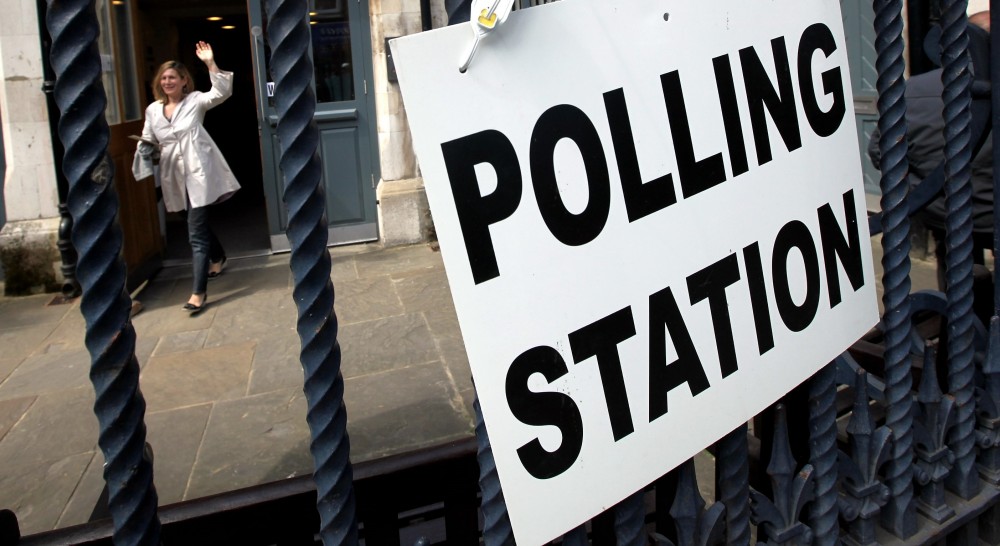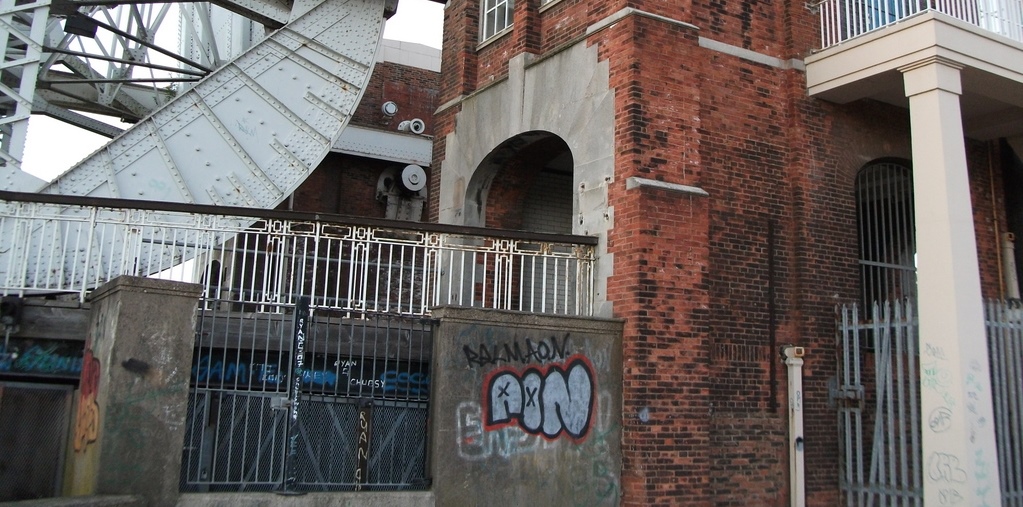â€Blatant disenfranchisement’
Millions risk losing their voice if they don’t sign up to register to vote in the next three weeks, after the House of Lords failed to approve a motion on Tuesday (October 27) that would halt the rushed transition to a new voting system.
The new system, called Individual Electoral Registration (IER), requires voters to register individually and replaces a system in which one person could sign up everyone living in one household.
Rushed forward
The full transition to IER was planned to be completed at the end of 2016. But not long after the Tory government took reign this summer, the new deadline was rushed forward to December of this year.
This means that nearly two million voters will be wiped off the electoral register in December if they do not sign-up under the new system by November 20 – the deadline for most councils to be included in the December register.
The Lib-Dem motion that would have blocked the accelerated transition to IER was narrowly defeated in the House of Lords by 257 to 246.
According to campaigning group Hope Not Hate, there are 1.9m voters who were on the register and able to vote in May’s general election but now risk being purged from the electoral roll because councils have not been able to match their information to benefits or tax records.
If these “missing million” voters do not sign up under IER by the November 20, they will be joining the country’s eight million existing unregistered voters and may miss their chance to vote in this year’s Welsh Assembly, Scottish Parliament, and London mayoral elections.
But the implications of Tuesday’s showdown in the Lords go well beyond this May’s elections – they could crystallise the outcome of elections for generations to come.
That’s because starting from next April, the government will begin to redraw constituency boundaries, with the number of constituencies to be reduced from 650 to 600. The government has said it is pushing to make constituencies more uniform in size in time for the next general election.
Catch
But here’s the catch – constituencies are based on the number of registered voters, not population. And the electoral roll that will be used to redraw these new boundaries will be based on December’s purged roll.
Hope Not Hate has found that the 1.9m voters set to be wiped off the roll which will form the basis of new constituencies will be those already on the margins of society – the inner city poor, students, minorities and those living in private rented accommodation. It’s no coincidence that these same people tend not to vote Tory.
Some areas of the country will lose out more than others, with boroughs in London set to be the worst hit. The borough of Hackney, for example, will see nearly a quarter of its registered electorate instantly disappear.
Glasgow is preparing to lose 13.3 per cent of its registered voters, with Birmingham losing 7.7 per cent.
Lib-Dem peer Lord Tyler, who tabled the motion to push the IER transition deadline back to its original date set for December 2016, said the Tory government’s sudden U-turn in accelerating registration changes was a calculated one.
â€Gerrymandering’
“This is Tory gerrymandering at its worst and a cynical attempt to manipulate the electoral system in their favour,” he said.
“[The changes] will mean fewer seats in densely populated, highly mobile areas, and more seats in rural areas with more stable populations,” Lord Tyler noted.
“Conservative ministers have introduced a deliberately partisan order in direct contrast with the recommendation of the independent commission which is appointed by parliament to ensure fair play.”
Conservative peers hit back, arguing that speeding up the transition to IER would prevent fraud and would ensure a more accurate register.
But Labour peer Lord Wills noted that if the current register is inaccurate, then it calls into question the legitimacy of this year’s general election, upon which the register is based.
“If the government wants to make [their case] on the basis of fraud, that does raise fundamental questions about the general election that put them into power,” he said.
“If the government is so worried about the integrity of the system, then why don’t they both bring in this legislation and also agree to re-run the general election, so it can be run on the basis of an electoral register that we all can agree is accurate?”
Get the vote out
Unite political director Jennie Formby noted that after a frustrating vote in the House of Lords, it was now up to us to get the vote out.
“It’s disappointing that the move to block the new individual electoral registration system from being rushed in was narrowly defeated in the House of Lords by only a handful of votes,” she said.
“But we must take this opportunity to redouble our efforts and urgently push as many people as we can to register to vote in the next three weeks.
“That we can now register online in a matter of minutes makes the enormous task in front of us an easier one – but we cannot rest on our laurels until the electoral roll is as complete as possible,” she added.
“It is an outrage that eight million people are not signed up to vote, and that two million people risk being added to this group in December without even knowing it. It will be a sad day for democracy if millions turn up to the ballot box at the elections next May only to be turned away.
“And it will be an even greater tragedy if constituency boundaries, set in stone for years, are determined by an incomplete electoral roll,” Formby went on to say.
“This is blatant disenfranchisement by the back door and the only way to stop it now is to join forces with groups such as Hope Not Hate in getting the word out immediately. The next three weeks will be absolutely critical.”
Interested in volunteering for Hope Not Hate’s voter registration campaign? Sign up here.
And if you need to register to vote, it takes only minutes online here.
 Like
Like Follow
Follow


